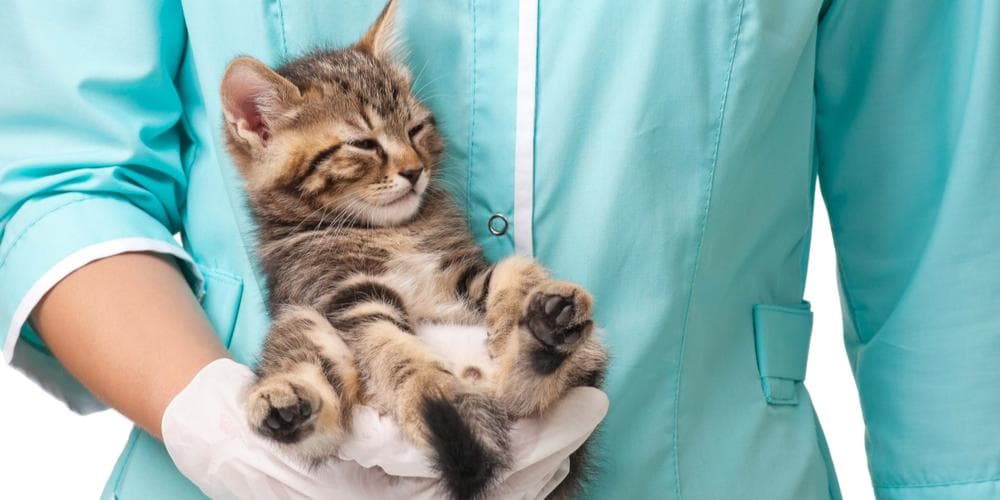FIV? What is it, how can my cat get it, is there a treatment?
There are almost 38 million people around the world that are infected by the human immunodeficiency virus (HIV). However, did you know that there is an equivalent virus that affects cats? It is called the feline immunodeficiency virus (FIV).
Like HIV, FIV could lead to a disease similar to Acquired Immunodeficiency Syndrome (AIDS).
To better fight FIV, the best thing you can do is arm yourself with the right knowledge of the virus. For this reason, we want to know what FIV is, how your cat can get it, and most importantly, how to treat FIV.
What Is FIV?
Feline immunodeficiency virus (FIV) is a lentivirus, meaning it is a kind of retroviruses that causes deadly, debilitating, and chronic diseases to its host. It has a long incubation period and thus, your cat can live for many years without showing signs and symptoms.
According to studies, about 2 to 4 percent of cats worldwide are infected by FIV. Taxonomically speaking, FIV is different from other feline retroviruses such as feline foamy virus (FFV) and feline leukemia virus (FeLV). Rather, FIV is more related to HIV.
The problem with FIV is that it is a lifelong infection. This happens due to the ability of FIV to insert copies of its genes into the DNA of your cat. Because of this, your cat’s immune system can’t readily identify FIV and eliminate them.
What Are the Signs and Symptoms of FIV?
Just like HIV, the FIV affects the body by decreasing its ability to fight off infection. The FIV itself does not cause a disease, but because of the compromised immune system, an infected cat gets sick.
As a result, signs and symptoms more likely include manifestations of infections. They may include the following:
- Respiratory infection
- Gastrointestinal infection
- Enlarged lymph nodes
- Gum and oral issue inflammation
- Cornea and iris inflammation
- Kidney disease
- Diarrhea
- Bacterial infection
- Fungal infection
- Fever
- Weight loss
- Malaise/generalized weakness
- Cancer
- Abnormal sleeping pattern
- Behavioral changes
Since most signs and symptoms aren’t diseased specific, it is best to bring your cat for a checkup if he is sick just to be sure and receive an accurate diagnosis.
How Can Your Cat Contract FIV?
In most cases, a deep tissue bite from an infected cat can be a means to transmit FIV. Some studies suggest that there is also a chance that a pregnant cat would pass FIV on her kittens during delivery.
Cats that are FIV positive can very well live with non FIV cats, as long as they don’t fight. Sharing water bowls and grooming is safe, as only deep tissue bites can spread the disease.
There’s a higher chance for outdoor and male cats to get infected by FIV compared to indoor and female cats. The reason behind this is that male cats tend to escape their indoor dwellings, roam outside, and get into a fight with other felines.
Is There a Treatment for FIV?
Sadly, there’s no cure for FIV. Treatment is, therefore, palliative in nature. Once your cat displays symptoms, that’s when disease management starts.
Treatment would depend on the prevailing signs and symptoms and cats are treated on a case-by-case basis. If FIV leads to major and serious problems such as tumor development and dental infections, surgery may be needed.
For long-term management, once your cat is diagnosed with FIV infection, he needs to be monitored closely. Regular visits to your vet would also be needed.
Generally speaking, the earlier FIV is diagnosed, the higher the chance for your cat to live longer and have a relatively healthy life.
If you want to learn more, it would be wise to speak to your vet. You can also research more about FIV. The more you know, the better you are able to take care of your feline friend.















